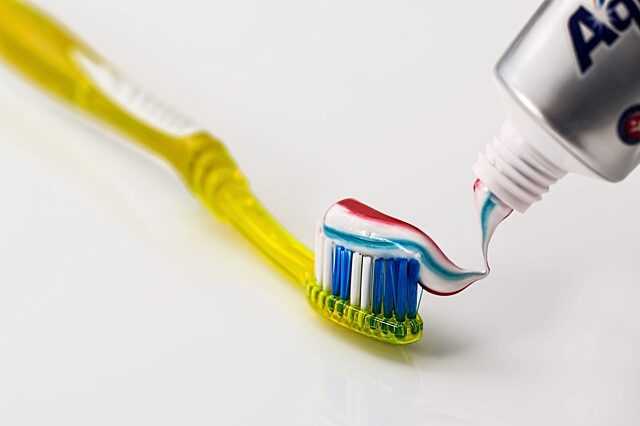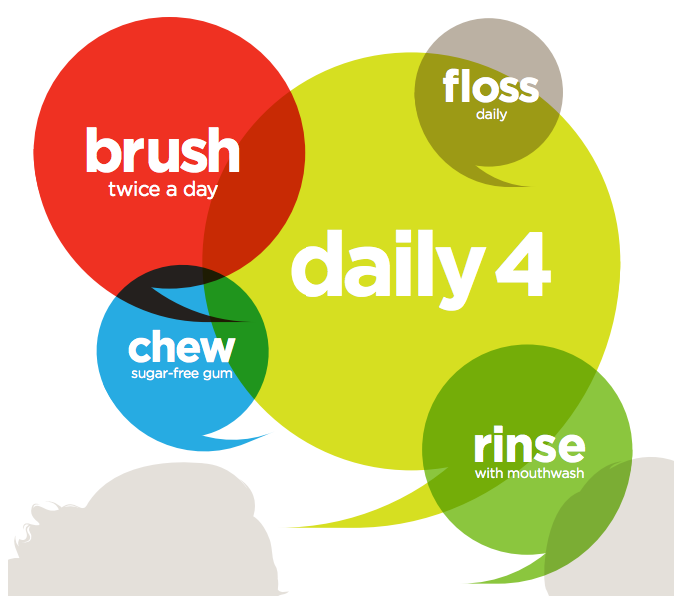Poor dental hygiene can lead to serious health problems

Most people know that not brushing your teeth daily can lead to cavities, bad breath and tooth decay. But recent studies find that poor dental hygiene can also have unexpected health consequences, such as increased risks for Alzheimer’s disease and heart disease.
A study in 2010 found a link between gum inflammation and Alzheimer’s disease. People in the study who had gum inflammation were nine times more likely to get a lower score on cognitive tests.
So what exactly is gum disease?
Mouth bacteria are constantly forming a sticky layer of plaque on and between teeth, which is removed by daily brushing and flossing. However, when plaque is not removed, it can harden and form tartar. The longer both plaque and tartar sit on your teeth, the more harmful they become. The bacteria can cause inflammation of the gums, known as gingivitis, where the gums become red, swollen and bleed easily.
Gingivitis is reversible with the help of dental professionals. But when left untreated, gingivitis can advance to periodontitis, known as gum disease. Gums can pull away from teeth and create pockets susceptible to infections. When the body’s immune system instinctively fights the spreading bacteria, the bone and connective tissue that hold teeth in place starts to break down.
Almost half of American adults suffer from gum disease.
A study in 2008 found that bleeding gums from poor dental hygiene could increase the risk of heart disease. Bacteria from the mouth are able to enter the bloodstream and stick to platelets. Blood clots can form and interrupt the flow of blood to the heart, thus triggering a heart attack. Heart disease is the leading cause of death for both men and women in the U.S.
The Daily 4
 Dentists recommend brushing teeth twice daily for two minutes each along with using floss and mouthwash. In between brushing, chewing sugar-free gum after meals and snacks helps protect teeth and complements a healthy oral care routine. Chewing stimulates the salivary glands to increase their flow rate by up to 10 times during the first few minutes of chewing, and the flavors in sugar-free gum also increase the quantity of saliva in the mouth. This helps clean out food particles and neutralizes biofilm acids on the teeth.
Dentists recommend brushing teeth twice daily for two minutes each along with using floss and mouthwash. In between brushing, chewing sugar-free gum after meals and snacks helps protect teeth and complements a healthy oral care routine. Chewing stimulates the salivary glands to increase their flow rate by up to 10 times during the first few minutes of chewing, and the flavors in sugar-free gum also increase the quantity of saliva in the mouth. This helps clean out food particles and neutralizes biofilm acids on the teeth.
Listen to the Health in a Heartbeat podcast about dental health.